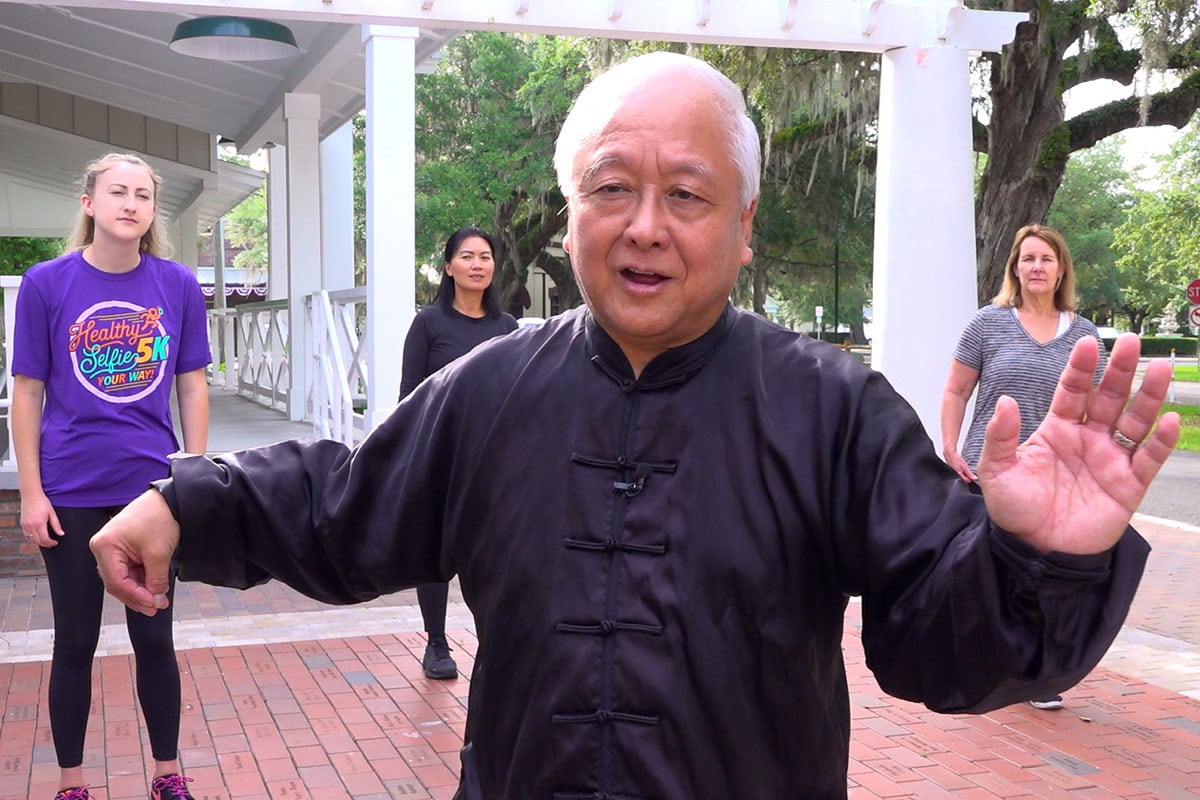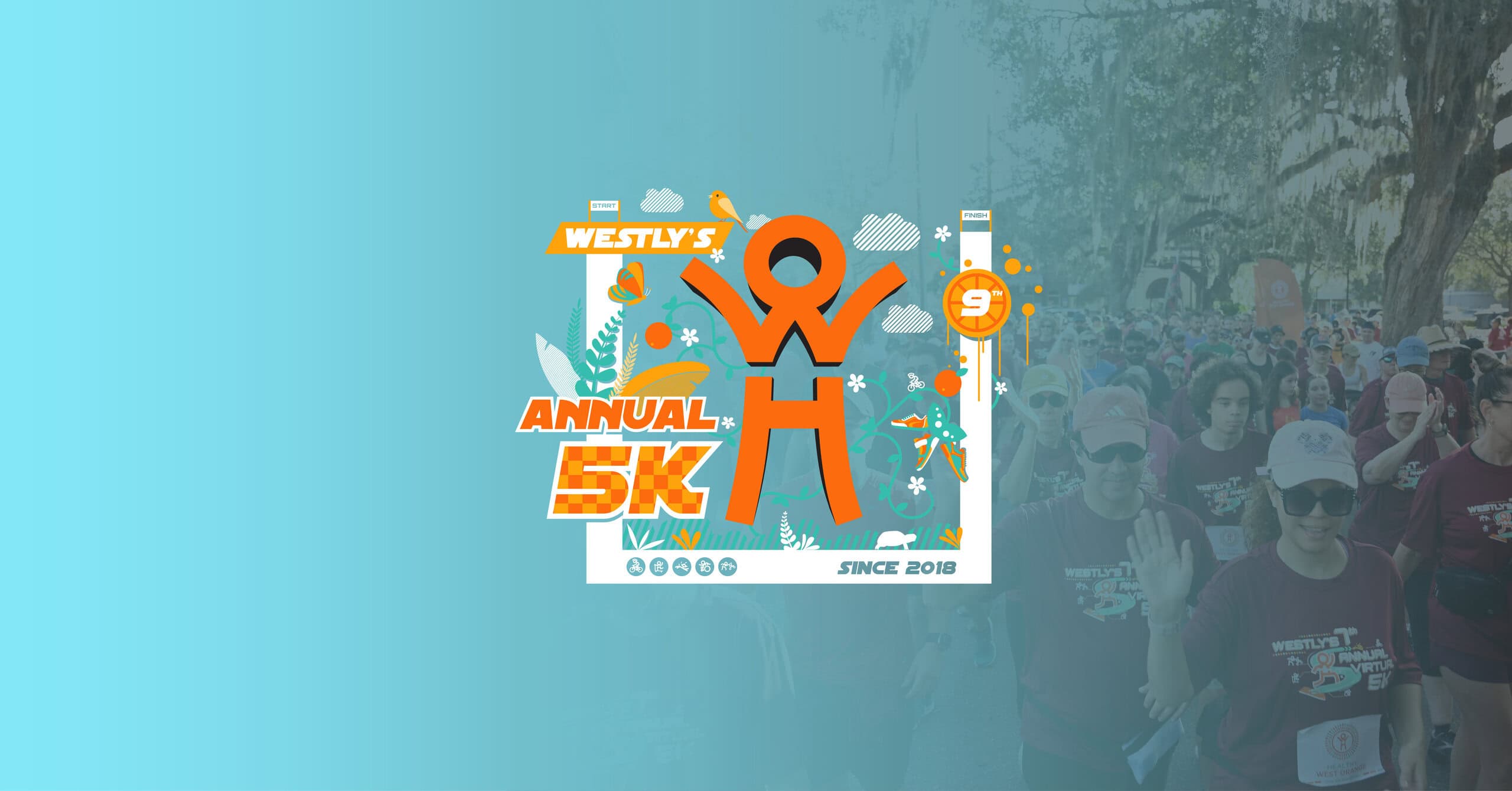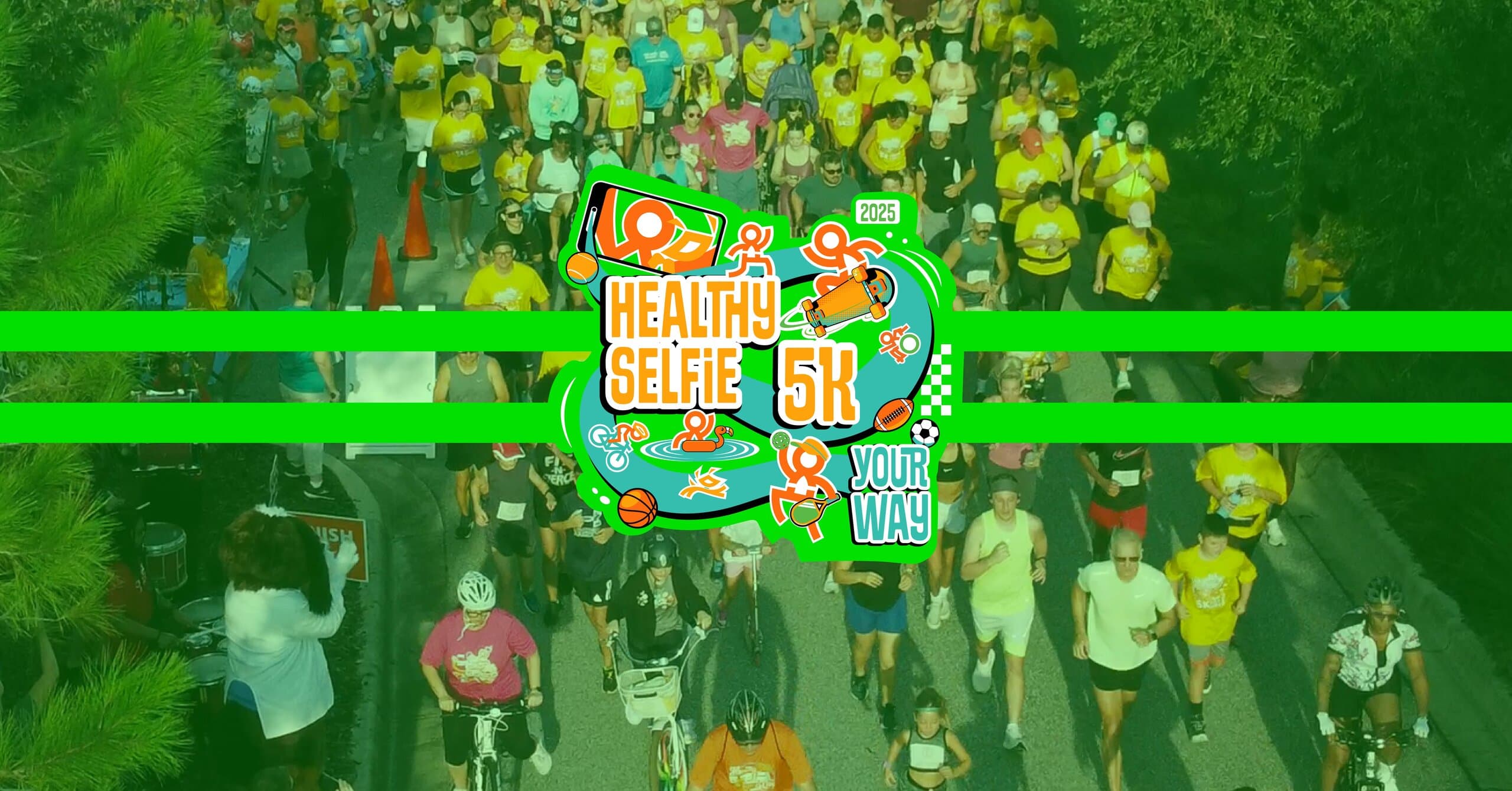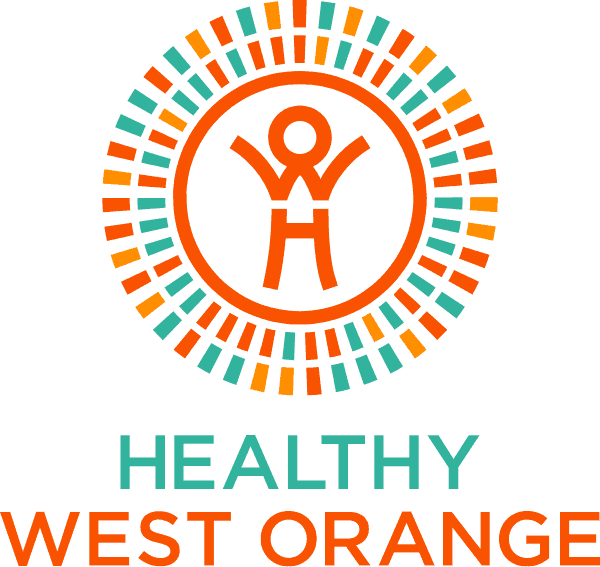Trying Tai Chi
Trying Tai Chi
Meet Sifu Al Aki, a local Tai Chi and Qigong instructor! We met up with Al to learn about the basics of Tai Chi exercise, and discover the physical and mental health benefits it offers. Take a few minutes to watch and learn from Al, and we invite you to give it a try! Tai Chi can be practiced anywhere, in a group or alone, indoors or outdoors, and doesn’t require any workout equipment.
Let’s hear from Sifu Al Aki:
What is Tai Chi?
Tai Chi is meditation through movement. Beginning as a martial art in China, Tai Chi is a low-impact and slow-moving exercise. It has shown to improve muscle strength, flexibility, balance, memory, and awareness. l teach tai chi exercise classes, which can also be done sitting or even in water.
What is your background and experience with Tai Chi?
I started in high school taking judo for about 7 years, and then went on to take aikido for about 15 years. The version of aikido l took from the Ki Society is very similar to Tai Chi. I have been taking the Yang style of Tai Chi for 7 years and currently teach the 24 form. I am certified in the tai chi Yang form by Tai Chi Healthways.
Who can participate in Tai Chi?
Tai Chi is a great exercise for all ages and abilities. Children can participate in tai chi, and there is no maximum age. You could even do the breathing exercises laying down. I have students with arthritis, Parkinson’s disease, diabetes and some recovering from cancer.
What are the physical health benefits of tai chi?
Tai Chi compensates for deficiencies in four body systems: musculoskeletal, sensory, neuromuscular, and cognitive.
There are over 16,000 Tai Chi and qigong exercises which are designed for specific health benefits for headache relief, reducing high blood pressure, carpal tunnel syndrome relief, improved flexibility, and enhanced immune system, as reported by the Mayo Clinic.
Some 50 million Americans over age 50 have low bone density. Tai Chi not only reduces fracture risk but also reduces rates of bone density loss, especially for post-menopausal women. Tai Chi exercises can help maintain bone strength and balance, to lessen the risk of falling and severe fall injuries.
Harvard Medical School did a study showing tai chi led to increased sensitivity of the soles of the feet, greater balance, faster walking, reduced fear of falling, and increased sensitivity of touch. Older folks in the study had the equivalent increase in sensitivity as people who are vision impaired and read Braille.
Learn more about the physical benefits of Tai Chi here!
What are the mental health benefits of Tai Chi?
The body and mind are very active during tai chi; as your body and muscles learn and remember the movements, your subconscious is still aware as you do this moving meditation. I teach in memory care groups for folks with dementia because tai chi can improve memory and increase awareness. Tai Chi is shown to decrease stress, anxiety, and depression, as well as improve quality of sleep.
How can community members participate in Tai chi?
I teach two public classes during the week where the first class is always free. Please feel free to join us and give it a try! Both classes are held outside and do not require pre-registration. Simply wear comfortable clothing and a mask.
- Tuesdays and Thursdays at 7:00AM and Saturdays at 8:30AM – Rosen Aquatic Center, Orlando
- Saturdays at 10:00AM – St Luke’s United Methodist Church, Windermere
You may have seen me teaching Tai Chi at the Roper YMCA and Dr. Phillips YMCA. Currently, these classes are on hold due to the COVID-19 pandemic, but I hope to start back up again soon. I also enjoy teaching 6 days per week at assisted living centers and private classes around the community.
Al has provided free demos to local organizations to spread the word about the health benefits of Tai Chi. To learn more, you can email Al directly at akial2003@yahoo.com.
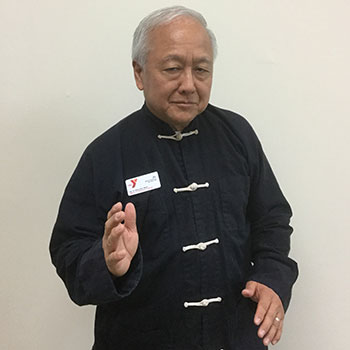
About the Author
Sifu Al Aki is certified in the Yang form of Tai Chi and Qigong by Tai Chi Healthways. Al teaches Tai Chi as a meditation so that the benefits of better balance, lower blood pressure, and reduced stress can be fully realized. He encourages students to ask questions and takes the time to explain the meaning behind the movements. Most importantly he shows you how to practice Tai chi and Qigong in your daily life to increase your awareness, balance, energy and effectiveness.
Share this Post
Never Miss an Update
you might also like
There is nothing worse than a toothache, am I right?? Oral health is very important for overall health and wellbeing, at every age!

